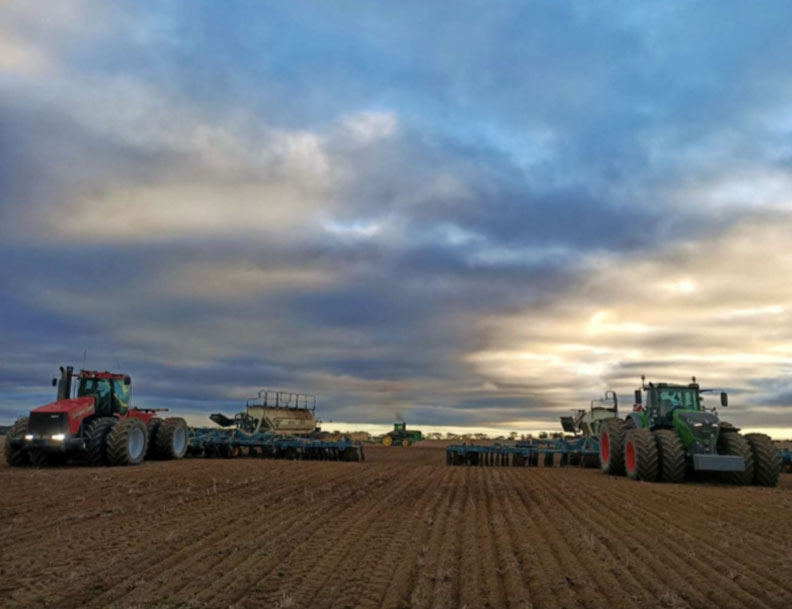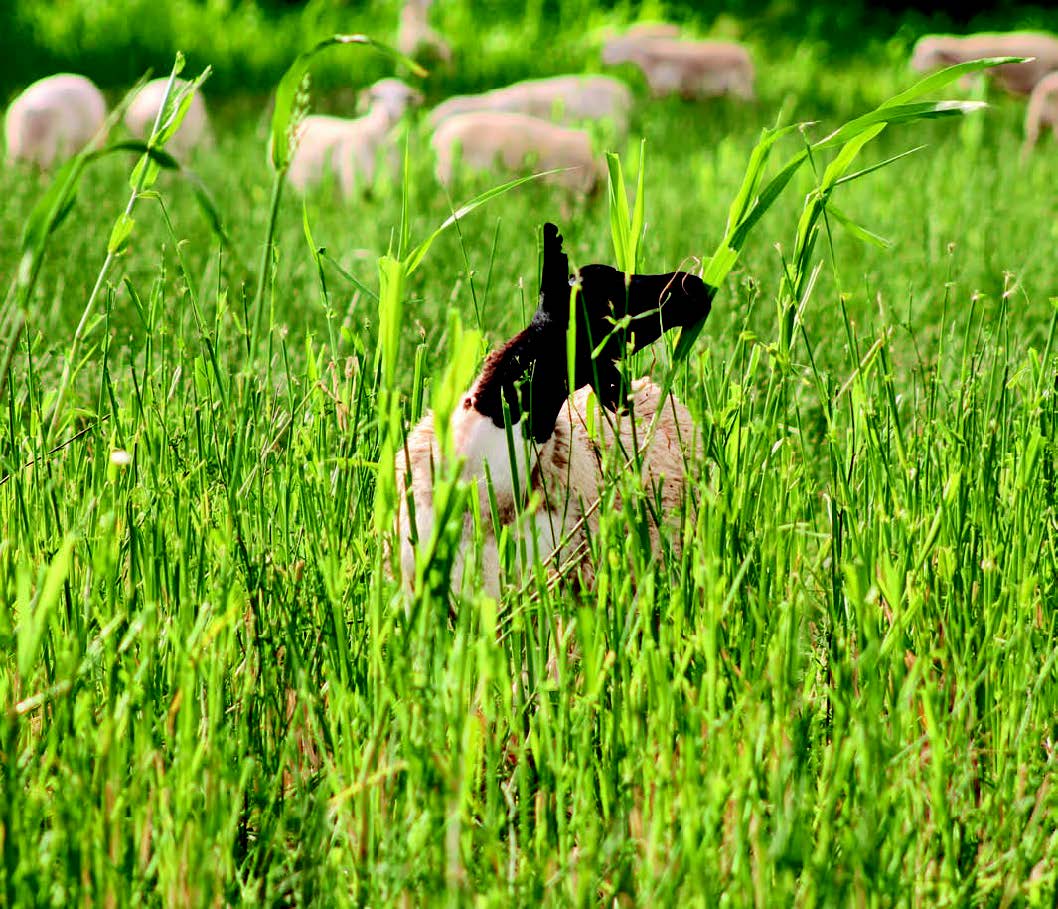Red meat: A common theme amongst Australia’s 250 wealthiest individuals
Causing a buzz as per usual, The Australian released their annual edition of ‘The List’ last week: an index of the 250 wealthiest Australians along with a short spiel on how they acquired the wealth that awarded them a spot in the coveted rank. Whilst a majority of the top-earners obtained their fortunes through investments in mining, infrastructure and financial sectors, an undeniable pattern emerged amongst the upper echelons regarding their investment in the agricultural sector – particularly, in the red meat industry. With the rapidly growing global population meaning a greater and greater demand for protein-abundant foods, the richest and most renewable source of protein, red meat, has proved itself to be an incredibly auspicious industry to invest in.
Australia’s livestock and cattle industry remains one of our largest and most lucrative, exporting to over 100 countries around the world last year and generating $12.17 billion in revenue. Investment in the red meat sector is at a ripe time, too, given that total global meat consumption over the last 20 years has increased at an average rate of 1% for beef, 2% per year for sheep meat, 2% for pork and 4% for poultry. From a business perspective, Australian red meat is in an excellent position to ride the e-commerce retail wave in China. During a conference in Canberra late last year, Australian & NZ director of business development for e-commerce giant Alibaba, John O’Loghlen announced that fresh food, particularly chilled and frozen red meat, was a big growth category across the company’s online platform. According to Meat & Livestock Australia’s 2018 Global Consumer Tracker research, in the context of Australia’s key export markets, Chinese consumers are among the heaviest users of online retailers to purchase beef and lamb, meaning that China is a key destination for Australian red meat export.
Substantiating the profitability of the beef production industry are the several notable names featured on the top 250 who are making significant developments in the field. Mining magnate and long-time household name Gina Rinehart secured the silver medal on the list, with a net worth of $14.9 Billion AUD, as of 2019. Her success can be attributed to her inherited iron-ore mining giant Hancock Prospecting, but has recently been building her cattle interest in the subsidiary group Hancock Pastoral, which boasts the title of Australia’s 2nd largest cattle producer. Additionally, Rinehart claims a majority ownership over S Kidman & Co as of 2016, Australia’s largest cattle herd and leading beef export company.
Also expanding within the cattle and red meat industry is former CEO of Fortescue Metals Andrew ‘Twiggy’ Forrest, who landed the 8th spot on The Australian’s rank with a net worth of $7.34 billion. His Minderoo Group owns and operates five large scale cattle properties totalling 1.3 million ha in northern WA, announcing in December of last year a new $50 million ‘free-range’ backgrounding and grain finishing operation near Moora, 170km north of Perth. Other notable members of The List who have delved into the beef production industry are Kerry Stokes (no. 12, net worth $5.36 bill), who operates a collection of cattle properties in WA’s northwest, and Gerry Harvey of Harvey Norman (no. 50, net worth $1.58 bill), who operates as one of Australia’s larger Wagyu cattle producers, selling branded beef into international markets through his Security Foods business.
As the population continues to grow expeditiously, the red meat industry is only predicted to follow suit. To take a leaf out of the books of Gina Rinehart and Twiggy, it may be worth following this constantly-expanding sector of the red meat sector where emerging agriculture business Australian Food & Farming (AFF) is aiming to become Australia’s largest lamb producer – a far more cost-efficient means of protein production than cattle.
Rapidly expanding, AFF last week added a further 4,700ha of arable land to their growing portfolio and immediately shifted 2000 head of sheep onto the property which adds to their existing 15,000ha of land under management.
“We have since commenced upgrades and stocking of Echidna Ridge and look forward to strong performance from the asset over Autumn,” said AFF Director, David Anderson.
Investors seeking an investment opportunity not correlated to global markets could consider the AFFKey Advantage Fund which targets 15% p.a returns and can learn more here.
* Reach Markets are the advisors assisting on with the management of this offer and may receive fees depending on whether an offer is taken up by investors.
General Advice Warning
Any advice provided by Reach Markets including on its website and by its representatives is general advice only and does not consider your objectives, financial situation or needs, and you should consider whether it’s appropriate for you. This might mean that you need to seek personal advice from a representative authorised to provide personal advice. If you are thinking about acquiring a financial product, you should consider our Financial Services Guide (FSG) including the Privacy Statement and any relevant Product Disclosure Statement or Prospectus (if one is available) to understand the features, risks and returns associated with the investment.
Please click here to read our full warning.



